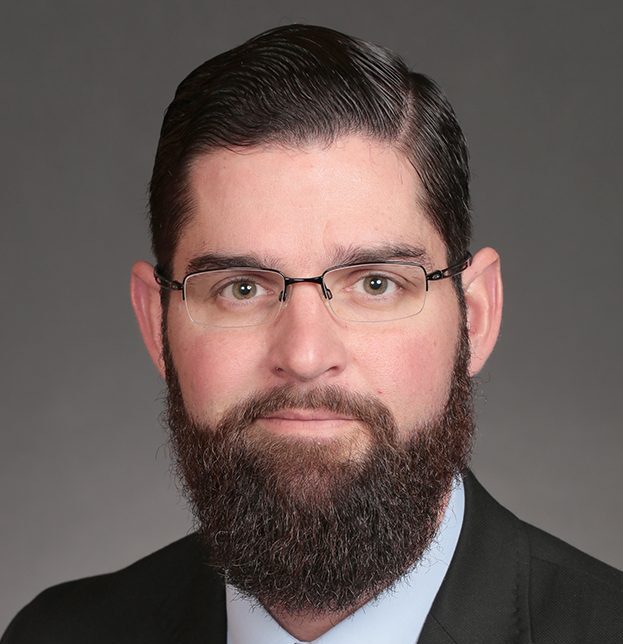This week House Republicans took another step towards protecting Iowa taxpayers from reckless government taxation by a future General Assembly. The proposal we passed is House Joint Resolution 2006, which proposes to amend Iowa’s constitution with strict language that would require that any future income tax increase would require a two-thirds vote in both the House and Senate. Keep in mind we have been fighting hard for many years to reduce Iowans tax burden, not increase it. In past sessions we have passed proposals to eliminate the Death tax/Inheritance tax, reduce Iowans income taxes across the board to a flat rate of 3.9% over the course of the next few years, and eliminate the tax on retirement income, just to name a few.
The state of Iowa has a rather unique process when it comes to amending our State Constitution. Part of the process includes that any proposal to change the constitution must first pass both the House and Senate over two consecutive General Assemblies. If that occurs, only then will a proposal appear on a statewide ballot at the next general election. Once on the ballot a majority of Iowans must approve it before it becomes part of our state constitution.
This resolution ensures that in future general assemblies it is harder to increase income taxes and can only be done if two thirds of the legislators in the House and Senate agree that it is necessary. If adopted, this amendment would keep Iowa as an attractive state to live, grow, and raise a family as a level of certainty will be provided to individuals that their taxes cannot be raised without a significant majority of state legislators agreeing that it is necessary.
Amendments like this have been adopted in many other states across the country. This trend shows the importance of ensuring that future generations don’t incur unexpected or significant income tax rate increases without a thorough legislative discussion and a two thirds agreement amongst legislators from both parties. If adopted in Iowa, this amendment would protect all current and future residents from having their income heavily taxed.












